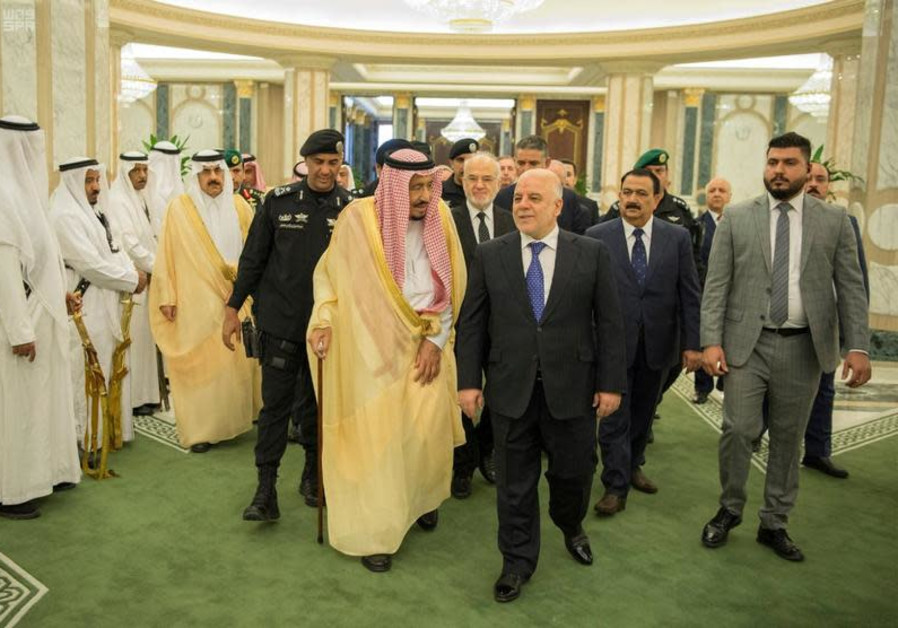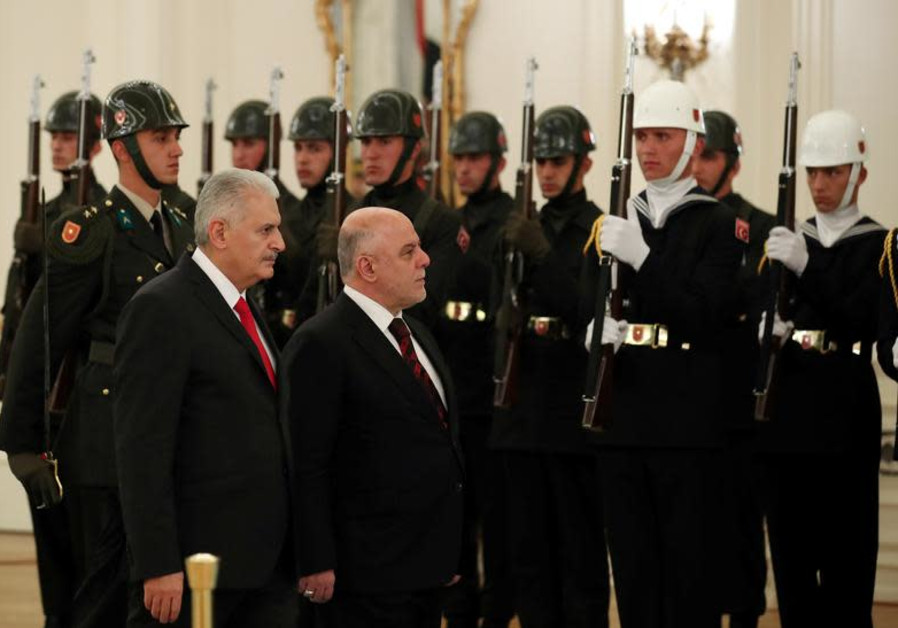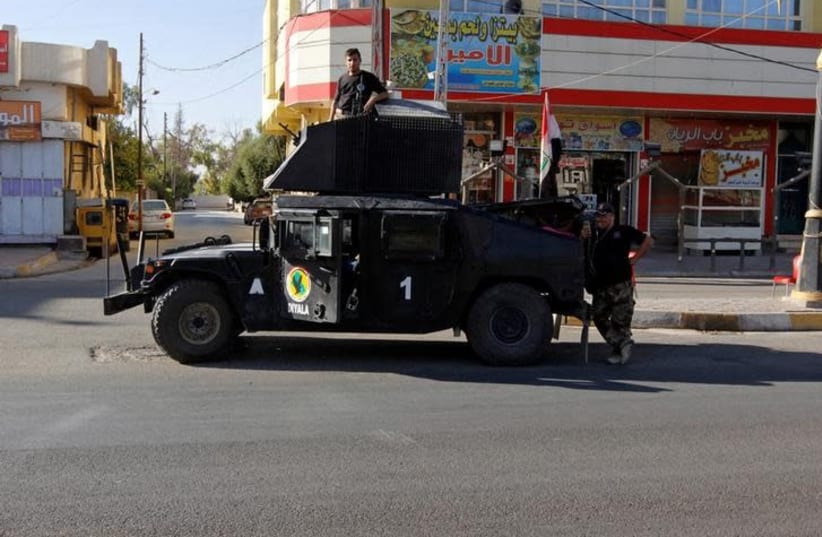
On Wednesday, the Kurdistan Regional Government offered to freeze the results of the September 25 independence referendum, which had angered Baghdad and Western allies.The KRG called for dialogue with Baghdad. State Department spokeswoman Heather Nauert welcomed the statement, noting “calm and dialogue are steps forward.”However less than 24 hours later, the Kurdistan Region Security Council said it was “alarmed by intelligence signaling an imminent attack by Iraqi forces and Iranian-backed Popular Mobilization Forces in Northwest of Mosul.” The council pointed at Iranian forces leaders Hadi al-Ameri and Abu Mahdi al-Muhandis as the instigators of planned “unprovoked attacks.”However this is also a sensitive issue because the Turkish government views the SDF as closely connected to the Kurdistan Workers Party (PKK), which it and other countries view as a terrorist organization.Amb. Silliman worked with Iraqi Security Forces and Kurdish Peshmerga to end clashes endangering a Christian community and other civilians.
— U.S. Embassy Baghdad (@USEmbBaghdad) October 25, 2017

Which exact Iraqi units are involved in the attacks near Rabiah are not clear. Forces from the Emergency Response Division have been photographed allegedly near the front, as well as members of the 3rd Brigade of Badr.Knights tweeted that the 9th Armored, 16th Infantry and Federal Police are also involved.These would be units also involved in battles with Kurds closer to Erbil.Iraq’s federal forces and Iranian- backed militias, face Kurdish Peshmerga along hundreds of kilometers of front lines. Many of these areas are front lines with the Kurds were holding against Islamic State up until October 2016. In an extraordinary turn of events, they have gone from fighting ISIS to fighting their former allies.With up to two dozen casualties on both sides, and some Iraqi armored vehicles disabled in fighting, the Kurdish Peshmerga and leadership in Erbil have been able to resist the renewed offensive, but they continue to call on Baghdad to dialogue and hope the US and Western states will help ease the tensions.Baghdad's current choice of brutal, unnecessary quick-fire military means is very dark. US legislators will take a hard look at this.
— Michael Knights (@Mikeknightsiraq) October 26, 2017
